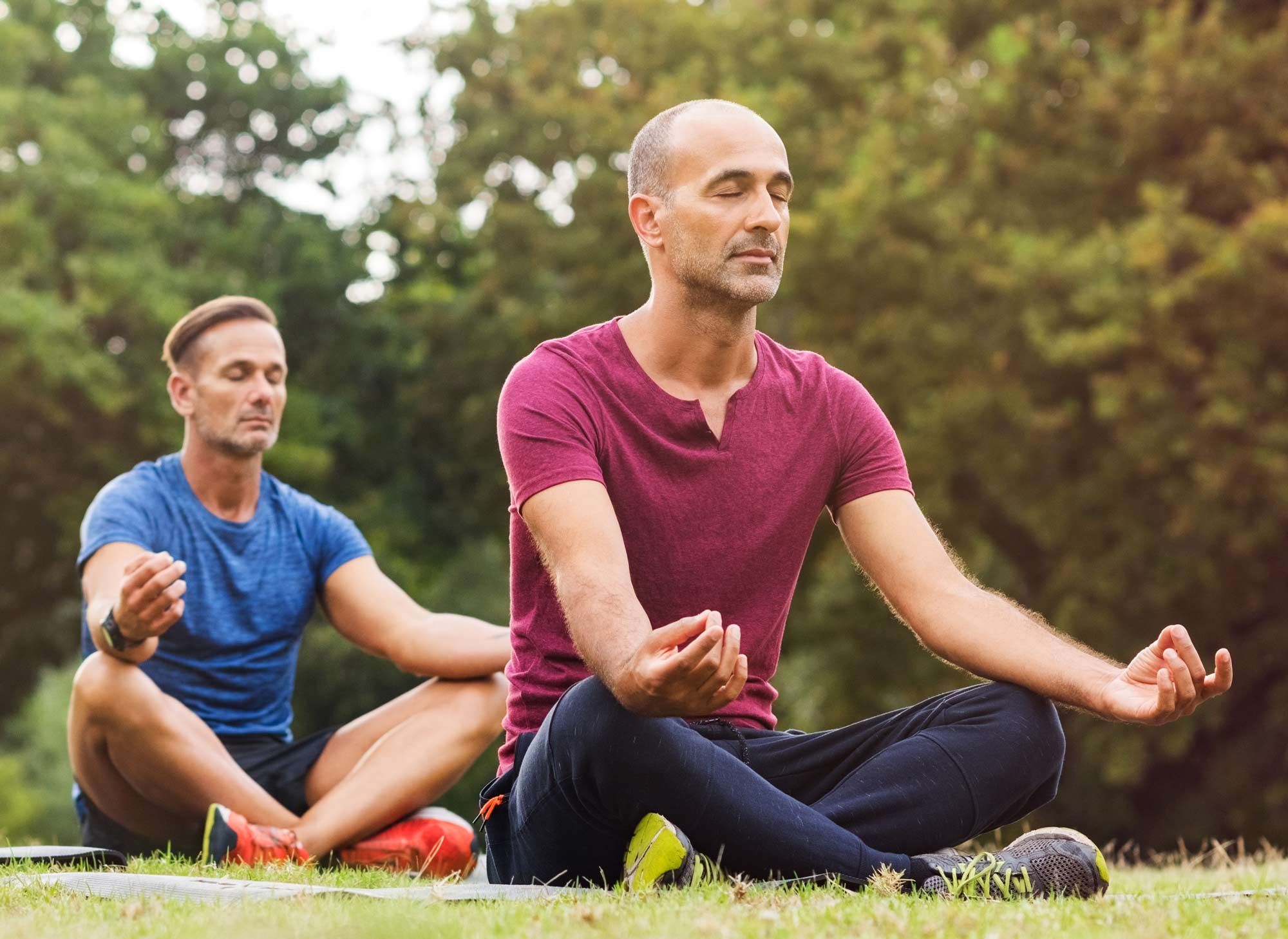Recreational Therapies


Art Therapy
A Creative and Therapeutic Process
Art therapy has been recognized as an effective and helpful treatment for several types of mental and physical conditions such as depression disorders, anxiety, traumatic brain injuries, post-traumatic stress disorder (PTSD), schizophrenia, and various other conditions. Art therapy is a form of psychotherapy. The creative process is a primary mode of expression and communication, enabling residents to change and grow personally using art materials in a safe and convenient environment. Art therapy can enrich patients’ lives as a psychotherapeutic experience and a form of spiritual support. The American Art Therapy Association states its immediate benefits include improving cognitive functions, fostering self-esteem and self-awareness, cultivating emotional resilience, promoting insight, and reducing distress.
Music Therapy
Music and Mental Health
Music engages various brain areas involved in emotion, motivation, cognition, and motor functions. Substance use disorders and mental health conditions can entail many medications and psychological care, and music can offer a less intensive addition to a patient’s treatment regimen. Music therapy can be utilized by a professional music therapist, but also in a variety of individual and group settings. It provides a safe and supportive environment to enable residents to express themselves, encouraging healthy self-expression and development supported by a therapeutic relationship. This allows for emotions and thoughts to be brought out through dance and body movement methods because musical participation doesn’t depend only on the ability to speak. The National Institutes of Health reports that music therapy promotes functional recovery and improves social and psychological outcomes such as motivation, mood, and depression.


Meditation Therapy
Inner Peace
Meditation is supportive care to reduce stress, anxiety, depression and enhance mood and self-esteem. Breath-based meditation techniques utilize rhythmic breathing to guide residents to enter a deep, meditative, relaxed mental state. The therapy is composed of techniques and strategies such as listening to your breathing, repeating a mantra, or detaching from the thought process to focus attention on bringing about a state of self-awareness and inner calm. Research suggests meditation may change the brain and body, potentially helping to improve health problems and promote healthy habits and behaviors. The relaxation and reduction of stress that results from meditation have therapeutic health benefits, ultimately leading to decreased emotional responses to daily activities during which negative behaviors may be a reaction, and the risk of substance consumption emerges.
Yoga Therapy
Health and Resilience
Yoga is a therapy that seeks to target emotions and integrate them with cognitive processing. This is based on the theory that the mind, body, and spirit disconnect during difficult times or trauma. Studies have demonstrated that yoga addresses some symptoms of substance use disorders, such as psychiatric diagnoses that complicate recovery. Yoga modifies physiologic responses to the body, acting on the nervous system to reduce stress hormones such as cortisol and adrenaline. It has proven to positively impact depression and anxiety for patients in rehabilitation significantly. Since stress can lead to self-medication, treating the associated conditions can cause patients struggling with alcohol and drug abuse to have fewer cravings. Yoga develops interoceptive skills helping the patient regain control and trust over their body’s sensations and their ability to receive stimuli from their emotions. It reframes and transforms current or past negative experiences and assists in building resiliency.








